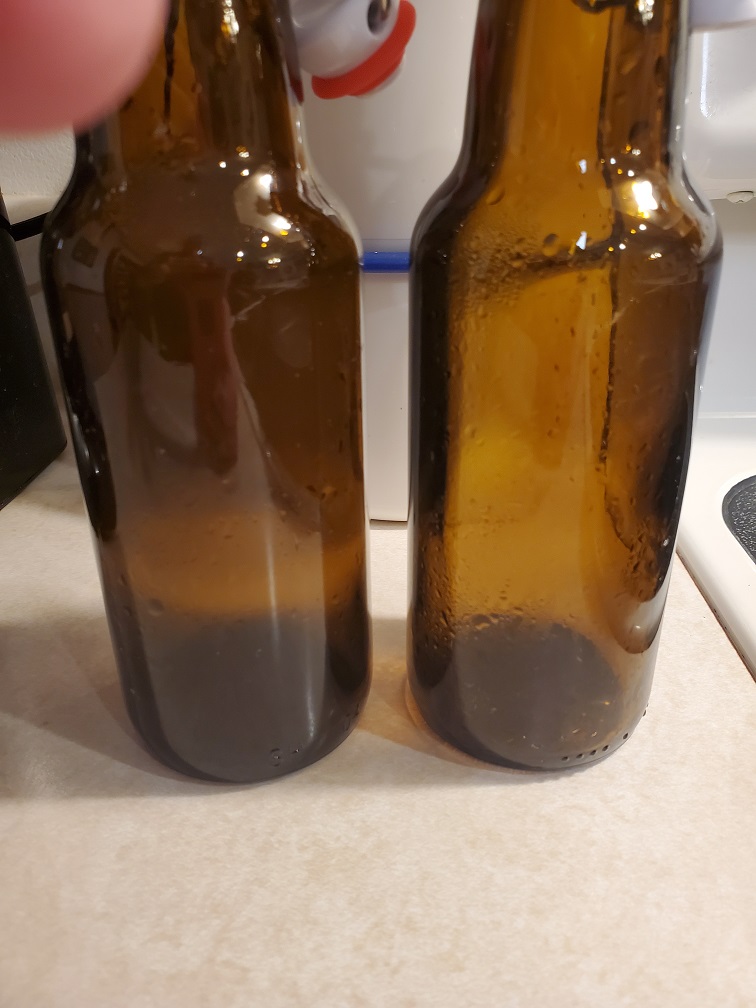Due to time constraints I was ready to give up the hobby, but I don't think I can. After some reading I have came up with some things that may save some time.
I have looked into the fastferment fermenter it wound save time racking to a secondary and cleaning two carboys plus save yeast which saves me a trip to the store. I will have to fill it upstairs then transport it to the root cellar but I think if I get 2 stands and a carrying handle it would be as easy as a carboy.
I also looked at the tilt hydrometer that may cut down on taking many SG readings. I do use a wireless thermometer in the cellar so I assume this may also connect upstairs.
I do enjoy all the time I spend brewing but life changes and I need to save time. Plus I tried some from the store the other day and it's very expensive and basically tastes awful. I guess I'm just used to good old fashioned homebrew.
Any thoughts or experiences on this equipment?
I have looked into the fastferment fermenter it wound save time racking to a secondary and cleaning two carboys plus save yeast which saves me a trip to the store. I will have to fill it upstairs then transport it to the root cellar but I think if I get 2 stands and a carrying handle it would be as easy as a carboy.
I also looked at the tilt hydrometer that may cut down on taking many SG readings. I do use a wireless thermometer in the cellar so I assume this may also connect upstairs.
I do enjoy all the time I spend brewing but life changes and I need to save time. Plus I tried some from the store the other day and it's very expensive and basically tastes awful. I guess I'm just used to good old fashioned homebrew.
Any thoughts or experiences on this equipment?




